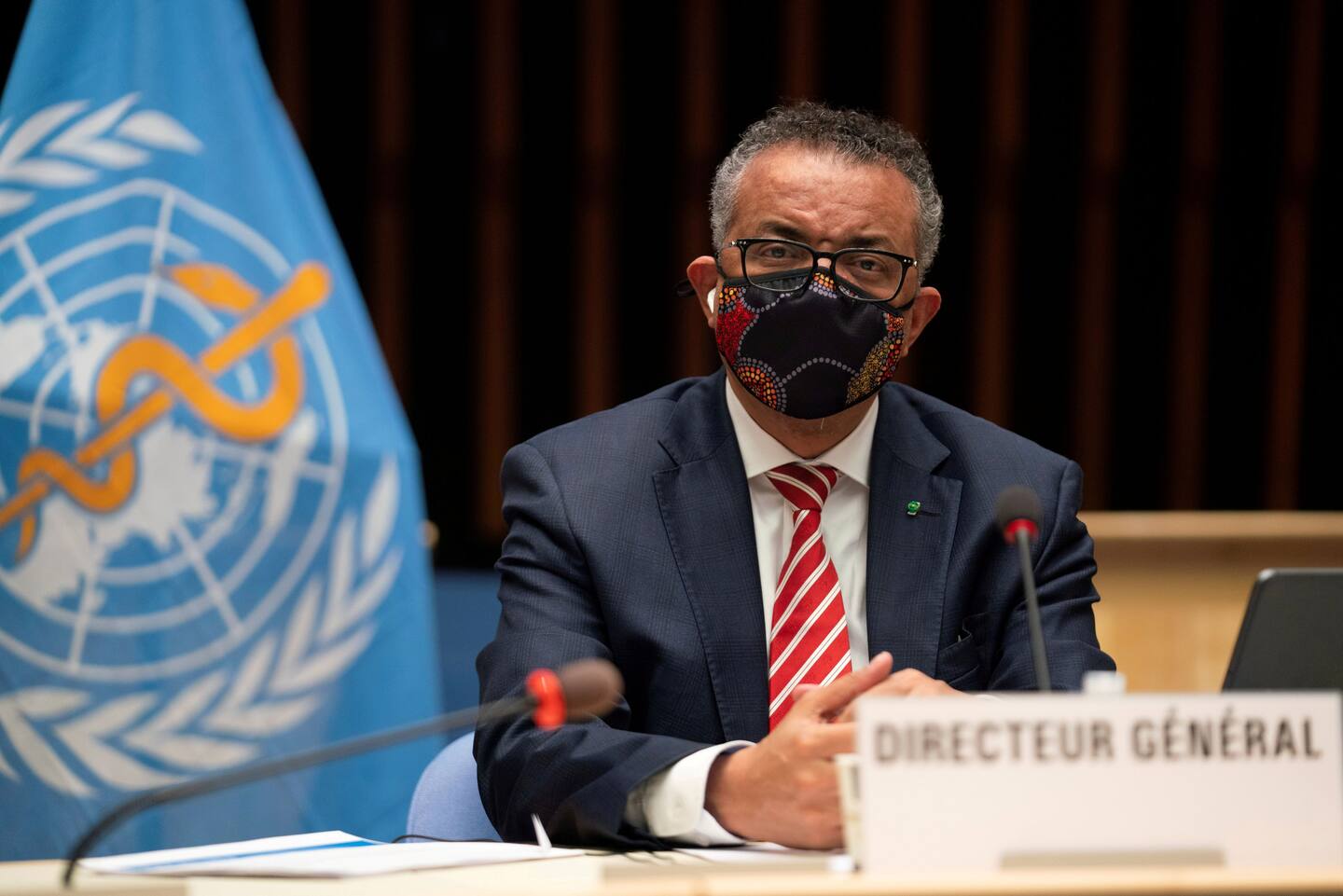Ethiopia’s military chief calls WHO head Tedros a criminal supporting a rebel region

“He has worked in neighboring countries to condemn the war. He has worked for them to get weapons,” Berhanu said. He offered no evidence to support his accusations.
While Tedros is better known as one of the public faces of the international effort to fight the coronavirus pandemic that has ravaged the world, he is also a high-ranking member of the Tigray People’s Liberation Front (TPLF), the political party that rules Tigray and is now in open conflict with Ethiopia’s central government.
“This man is a member of that group, and he has been doing everything to support them,” Berhanu said.
Tedros, a doctor by training, was Ethiopia’s health minister from 2005 to 2012 and then its foreign minister until 2016, when the TPLF dominated the coalition that ruled the country. It was with great fanfare in Ethiopia and across Africa that he was selected to be the first head of the WHO from the continent.
His office did not immediately respond to the accusations, but his colleague at the WHO, Africa Regional Director Matshidiso Moeti, defended him.
“I know Tedros. I know him as somebody who is passionately promoting global health, promoting the good health of people and promoting peace, because it’s only in the context of peace that we can deliver good health for people,” she said at her agency’s regular Thursday briefing.
Tedros’s sudden fall from grace in his home country relates to the severe crisis Ethiopia is experiencing after Prime Minister Abiy Ahmed ordered the army into the rugged, northern Tigray region to arrest TPLF leaders and remove them from power.
The operation followed weeks of deteriorating relations between Abiy and the Tigrayan leadership that culminated in a preemptive strike by Tigrayan forces against an Ethiopian military base.
Hundreds people have died, and at least 30,000 have fled Tigray into neighboring Sudan, with reports of heavy fighting and ethnically motivated massacres of civilians. Information from the region has been scarce, however, because Internet and phone lines have been cut.
Years of heavy-handed, TPLF-dominated rule of the country until Abiy came to power in 2018 have left a legacy of resentment toward the Tigrayans, one of the country’s many ethnic groups. Since the operation began Nov. 4, hundreds of Tigrayans in the capital and elsewhere have been arrested or told not to come to work.
Rising international concern over the fighting has prompted offers of mediation from neighboring African countries as well as the African Union. On Thursday, President-elect Joe Biden’s foreign policy adviser, Antony Blinken, said he was “deeply concerned about the humanitarian crisis” and the reports of ethnic violence, and he called on both sides to end the conflict.






